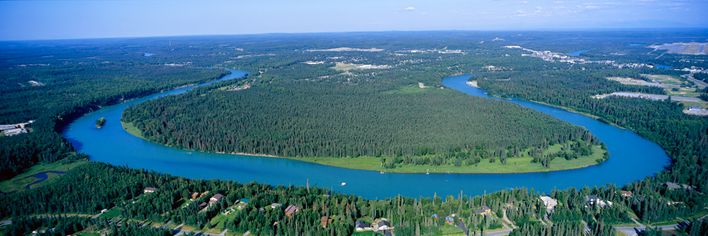Vision & Mission
We take our mission of “working together for healthy watersheds on the Kenai Peninsula” seriously. KWF is a dynamic organization dedicated to our rivers, streams and surrounding communities of the Kenai Peninsula and the State of Alaska for now and the future. Working hand-in-hand with other non-profits, government agencies, philanthropic foundations, and corporate entities have strengthened the impact for healthy habitat on the Kenai Peninsula immeasurably.
The Kenai Watershed Forum (KWF) is a 501(c)3 non-profit organization and is recognized as the regional watershed organization of the Kenai Peninsula, successfully identifying and addressing the needs of the region by providing high-quality EDUCATION, RESTORATION, and RESEARCH programs.
In 2009, the KWF Board of Directors and Staff set forth goals and accomplishments for the future of our organization and the area we provide services to. In 2015, the Board updated the plan to The Way Forward: Action Plan for 2016-2020 as a guide to our future achievements.

Where We Work
The Kenai Watershed Forum operates on Kenaitze Dena’ina and Sugpiaq Alutiiq homelands. In the Dena’ina language, the Kenai River is referred to as “Kahtnu,” and the Kenai Peninsula is “Yaghanen” or the good land. Kenai Watershed Forum has profound respect for Alaska Native communities and for their stewardship of the lands and waters of the region over thousands of years.
Geography covered by the Kenai Watershed Forum is diverse, including approximately 25,000 square miles, roughly the size of West Virginia. The Kenai Peninsula encompasses 14 major watersheds and contains over 20,000 miles of stream habitat as well as more than 350,000 acres of wetland habitat. The Kenai Peninsula is one of Alaska’s premier destinations for both residents and out of state visitors and is known for its world-class sport fishing and wildlife viewing opportunities.
The Peninsula’s salmon stocks and resident fish species like rainbow trout, arctic grayling, and lake trout support vital commercial, sport, and subsistence fisheries, are important sources of food for brown and black bears, bald eagles, marine mammals and a variety of other animals, and are a key source of nutrients for both terrestrial and aquatic environments. The national and global importance of these resources is particularly evident when compared to habitats and fish populations elsewhere, where many resources have been severely impacted.



